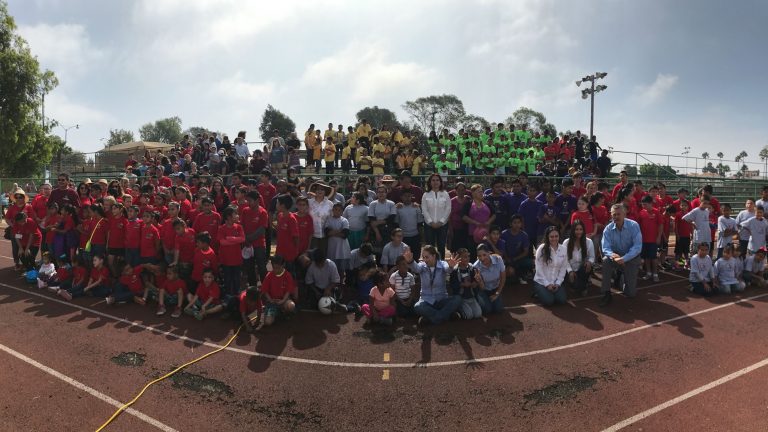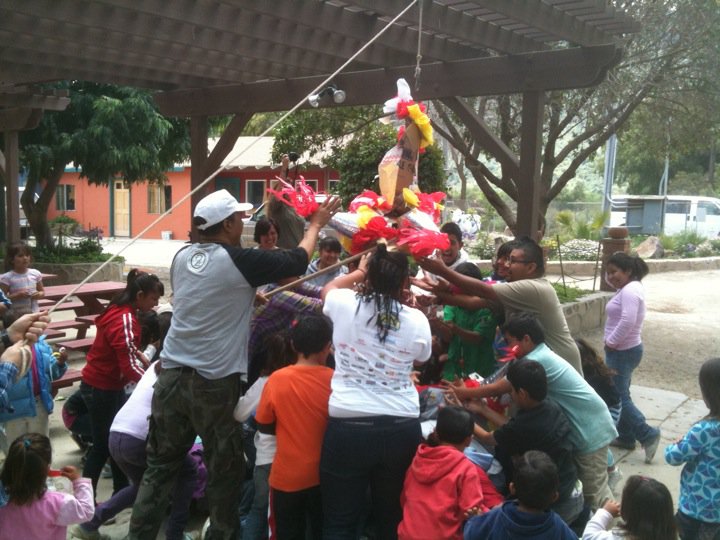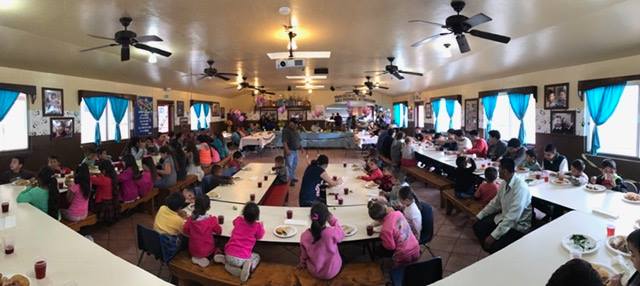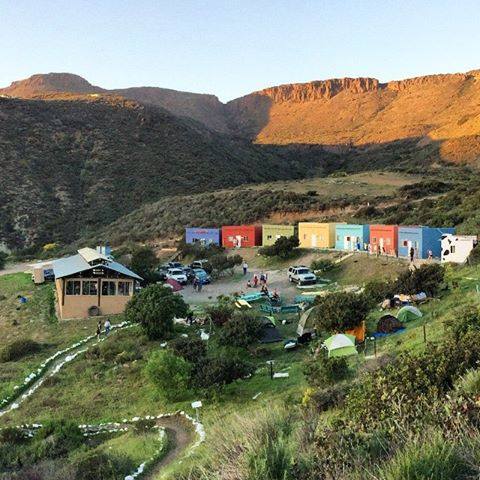
People often don’t think about it, but orphanages tend to have distinct personalities. Some great, many not so great, but every orphanage has its quirks, weirdness, and oddities. Not unlike many churches: the legalistic one, the liberal one, those crazy charismatics, the one with the GREAT coffee, etc. Just like people tend to land in gray or shifting categories: the jock, the musician, the quiet guy, the goth girl. I’m sure you get the idea.
By: DJ Schuetze
DJ Schuetze is the President of Door of Faith Orphanage: Changing lives through serving others; President of Strong Tower Ministries: Helping people fulfill their life’s purpose; Author of: Reciprocal Missions – Short-term Missions That Serve Everyone DJ’s Amazon author’s page can be reached here: Amazon Authors
I’ve had the privilege to visit and/or help in a wide range of orphanages. The financially needy but well-run homes I love, the well funded but questionable homes are a big problem, the “family business” orphanages are hard to deal with, but the ones that are most frustrating are the “crazy cat lady orphanages.” The people with a big heart who can not say no to a child in need, they become overwhelmed, and everyone suffers. (In the future I might write more about the different styles of homes.)

Photo Courtesy of DJ Schuetze
I was talking with the leader of a national orphanage training organization, and I mentioned my observations. They smiled when I used the term “crazy cat lady,” they knew exactly what I was talking about. They responded, “Yup, and why is it always single females trying to save a hundred kids?” I had never noticed the single female part, but it was interesting that it wasn’t just me noticing this real problem in orphanages.
RELATED: Orphanage Tourism in Nepal: UNICEF Report
At first, most people would say, “Ahhh, sweet, what big hearts, they’ll help anyone.” But in reality, we all have limits; there is only so much any of us can do if we’re going to do it well. These homes are marked by the sheer number of kids they are trying to help, with little or no resources. One home in Tijuana had an odd reputation, the director had a huge heart, nice old lady, but she could not say “no” to anyone. She would take in any child brought to her. This sounds nice until you realize she didn’t have space, food, or staffing to care for the children she already had. She had resources for about 35 kids and usually housed 90. It was a nightmare. To make matters worse, if a women came to her from an abusive situation, she would “hire” the women to help care for the kids. Coming right out of abuse themselves, these women were not emotionally ready to care for 10,15, or 20 kids. These women could barely care for themselves. You see the problem.

Photo Courtesy of DJ Schuetze
Another time I was asked by a volunteer to consult with an orphanage about an hour away. She drove two other people and me into the hills of Tijuana, and we came up to a very sketchy area. We stopped and walked up to a three-story brick building that did not look too solid, with bars on the few windows it had. The building had one exit, one working toilet, the make-shift kitchen was on the first floor with the propane tank right next to the ancient stove (fire/death trap waiting to happen). I was given a tour and found about 50 children, filthy, lice-infested, no chance of an education. My first thought was, “These kids would be better off on the streets.” In speaking with the director, she said everything I feared: “I just can’t say no to a child in need.” “If only I had “X” I could do so much more.” She wasn’t asking for help with what she had; she wanted to build a huge building to care for 200 kids. The home had actually been shut down a few times by the government, but she kept moving to the next location and taking in new kids. Like a lady living with hundreds of cats, when the government removes the cats, a whole new crop shows up in the next few months. Crazy cat lady, but they hoard children instead of cats.

Photo Courtesy of DJ Schuetze
So what’s the point of discussing these challenging orphanages? Three points to consider:
1) Leadership matters. If someone has a big heart but does not have the skills to use it in the right way, it can lead to some complicated situations. Crazy cat lady orphanages are not run by bad people; they’re usually really great people, they just have some issues that get in the way of them being as effective as possible. Being truly self-aware is very rare, these people do not see the problems that are evident to all those around them. How we lead, and who we choose to follow, matters a great deal.
RELATED: I'd Rather Help Kids in America--My Country First
2) If you’re helping in orphanages, or another ministry, like the ones described here, please be open to discussing the issue with the director in a loving, biblical way. First on your own, then with someone else. They may not listen, but you have an obligation to approach the issue in a healthy way.
3) If you are the “Crazy cat lady” in your area of ministry, learn that it’s OK to say no sometimes – give yourself a break. We need to know our limits. Most people probably don’t do enough to help those around them which isn’t good but trying to help everyone can be just as big a problem. No one can help everyone; we’re not called to. No one person can help every homeless person in their city. No one person can care for every foster child, this is OK, do what you can. Jesus did not help everyone; He helped those He could. He spent time alone, and He did the will of His Father, that is all we are asked to do.
Help, serve, give all you can. But it’s crucial to understand there is a balance and it’s so important to know your limits. A few less cats is not a bad thing.
